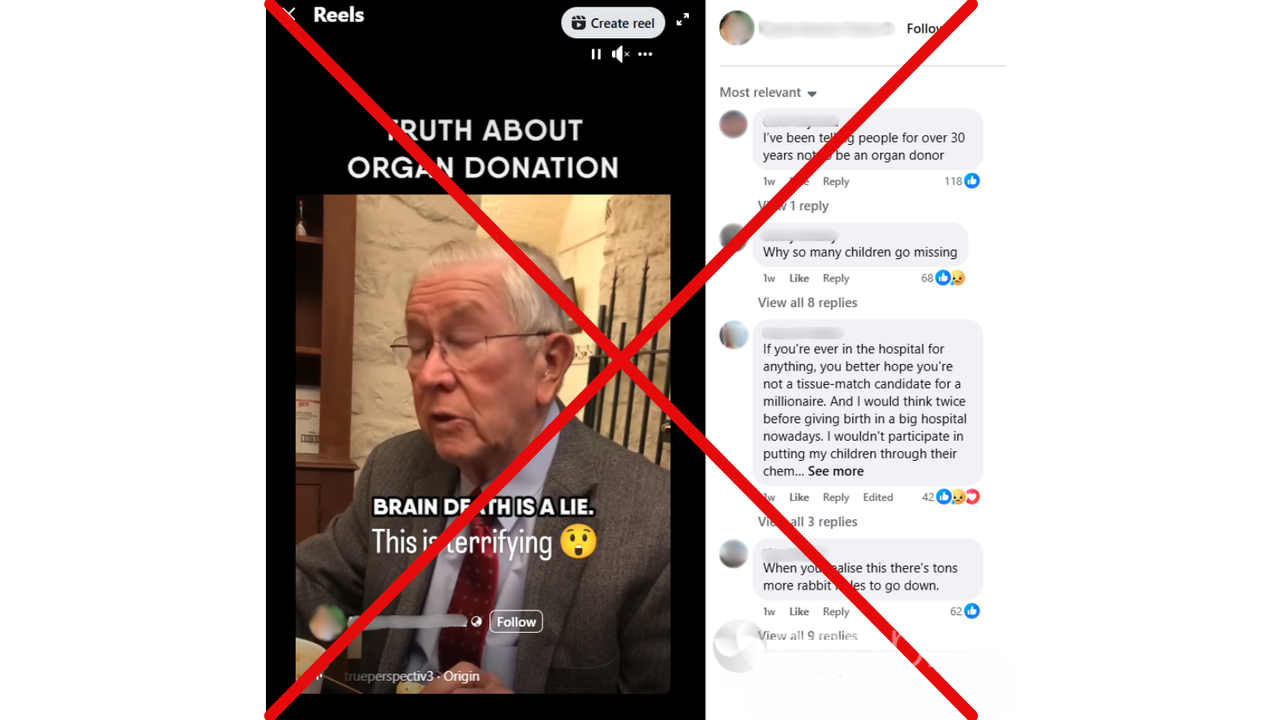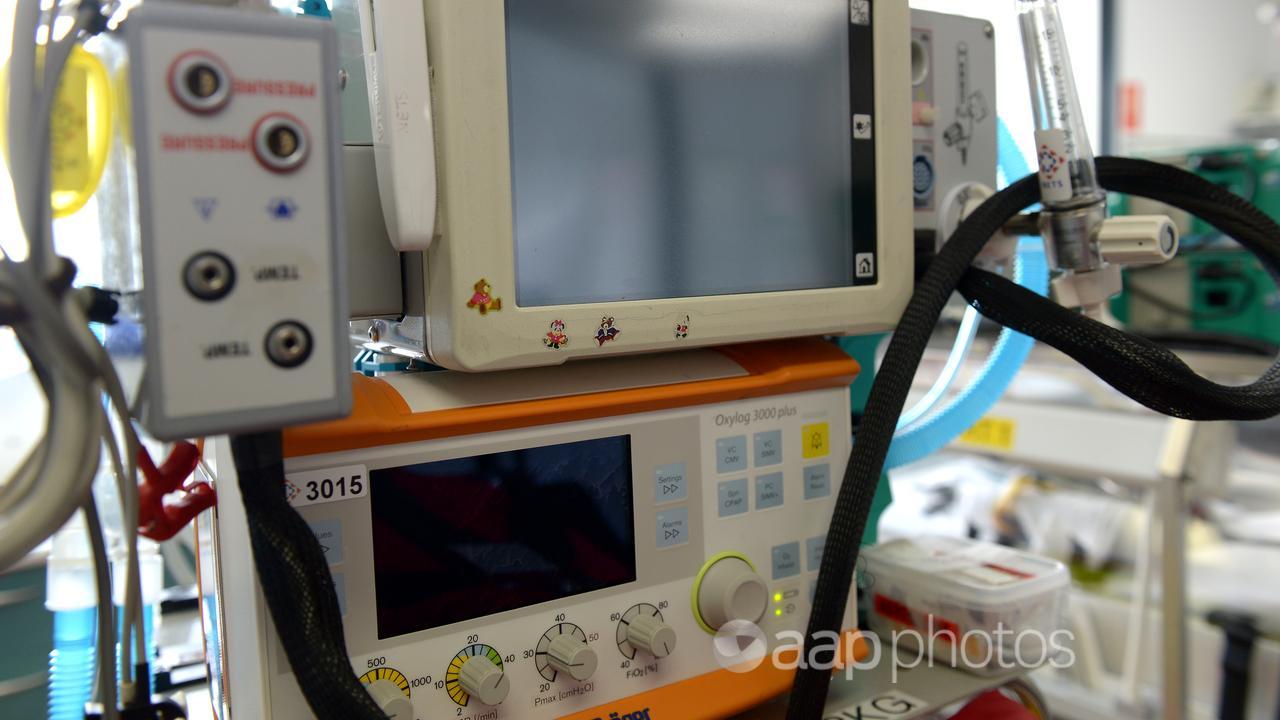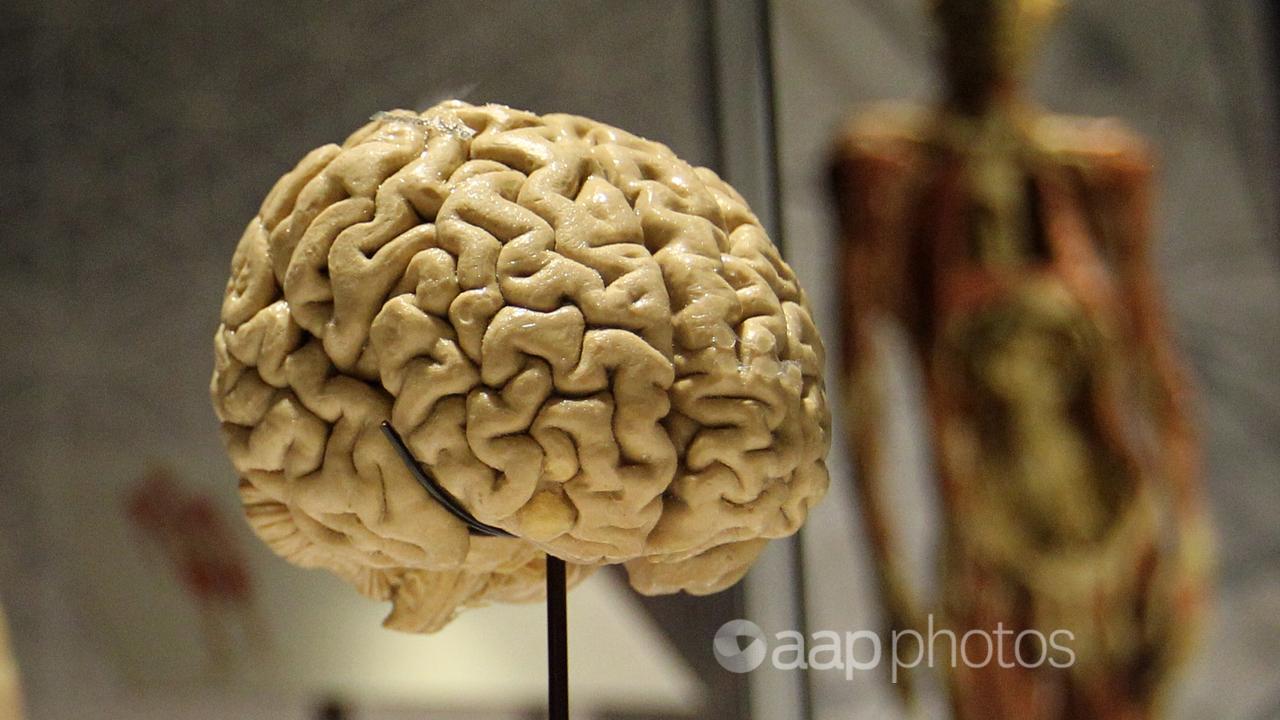AAP FACTCHECK – A viral video suggests brain death is a “lie” and that all brain-dead patients can breathe and have a beating heart.
This is misleading. Brain death is a widely recognised medical condition. While medical definitions differ slightly, brain death is the total and permanent cessation of brain function.
A brain-dead person can only breathe and maintain a heartbeat with the assistance of life support machines.
The one-minute 24-second viral video is a heavily edited version of a one-hour 15-minute video featuring neonatologist Paul Byrne.
In the longer video, he sets out an argument that brain death does not equate to the biological death of the whole human being – which continues to be the subject of academic debate.
However, the shorter video provides a misleading summation of his argument, suggesting the medical condition is a fiction and that brain-dead people can still breathe and have a beating heart.

“Brain death is a lie,” he says in the edited video.
“Everybody who’s called brain dead has a beating heart, circulation and respiration. If they didn’t have that, wouldn’t have to call them brain-dead. You would call them dead.”
Cassandra Szoeke, a consultant neurologist, told AAP FactCheck that brain death is a specific medical condition, distinct from a coma or being in a vegetative state.
She explained brain death occurs when brain cells and brain stem reflexes are no longer functioning and a person is only breathing and their heart beating because of life support.
This is different from a coma, where the patient is unconscious but still has functioning brain cells, can breathe independently, and can regain consciousness.
She said two doctors need to independently verify specific criteria to diagnose brain death.
“You would have to be in a coma, for starters, so completely unconscious. You would have to have no brain stem [activity].”

Prof Szoeke said doctors perform multiple tests and scans to make sure a brain-dead patient has no functioning brain cells and cannot regain consciousness.
“We have to demonstrate that those brain cells are really just not functioning in any capacity and that’s called brain death, and that’s irreversible. You can’t come back from that.”
The reason we have a definition of brain death, Prof Szoeke added, is because we can keep bodies alive with life-support machines that pump oxygen and keep hearts pumping and blood circulating, which means we need a new definition of death.
While brain death is a medical condition distinct from being in a coma, there is debate as to whether brain death equates to death.
Dr Byrne, in the longer video and in his other work, argues the case that brain death is not death.

“The truth is that a person is living until dead,” he wrote in 1999. “No one can change this truth by saying or stating that ‘irreversible cessation of the function or functions of the entire brain, including the brain stem,’ or ‘irreversible cessation of cerebral activity,’ or anything else, is death.”
This general premise is shared by many others, including Harvard ethicist Robert Truog, who argues that thanks to improvements in medicine and medical technology, brain death no longer necessarily represents biological death.
In The Harvard Gazette in 2018, he cited the case of Jahi McMath, an American teenager who was classified as brain-dead aged 13.
She never regained consciousness prior to her biological death nearly five years later. But with the assistance of life support machines, her body continued to develop and she even went through puberty.
There is, however, another school of thought with many arguing death should be based on the cessation of brain function. In many jurisdictions, such as the UK, a brain-dead person is legally classified as dead.
The Verdict
Misleading – The claim is accurate in parts but information has also been presented incorrectly, out of context or omitted.
AAP FactCheck is an accredited member of the International Fact-Checking Network. To keep up with our latest fact checks, follow us on Facebook, Twitter and Instagram.
In the story “FC Brain Death” sent at: 14/11/2024 15:44.
EDIT 15/11/24: Correction made to headline, verdict and copy to differentiate between the misleading suggestion that the medical condition of brain death is made up and the debate about whether brain death equates to biological death.
All information, text and images included on the AAP Websites is for personal use only and may not be re-written, copied, re-sold or re-distributed, framed, linked, shared onto social media or otherwise used whether for compensation of any kind or not, unless you have the prior written permission of AAP. For more information, please refer to our standard terms and conditions.


















